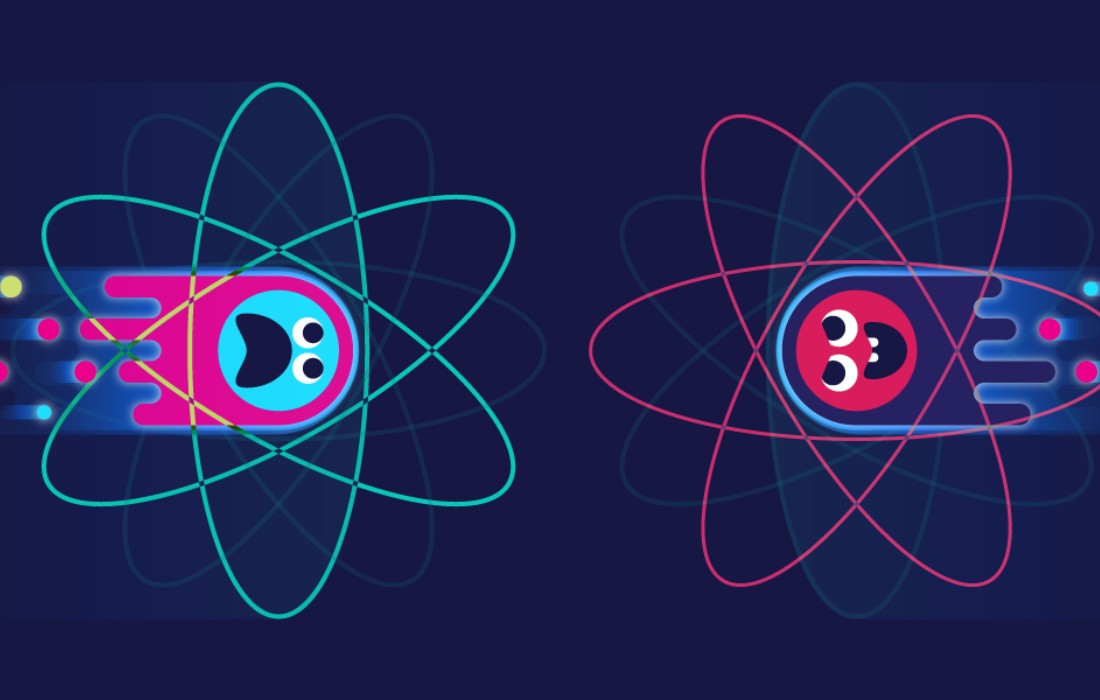An innovative collaboration between the New Jersey Institute of Technology (NJIT) and Ben-Gurion University of the Negev (BGU) is set to transform the interaction between robotic dogs and their owners. Sponsored by the Institute for Future Technologies (IFT), this project leverages AI and edge computing to enhance the responsiveness of robotic dogs to their human companions.
Key Features and Goals:
- AI and Wearable Technology Integration: The project aims to integrate wearable sensing devices with the Unitree Go2 robotic dog. These devices will detect physiological and emotional stimuli related to the owner’s personality and traits, making the robotic dog more attuned to its human companion.
- Enhanced Interaction: The goal is to create a socially assistive model that can adapt to the owner’s unique characteristics, leading to a more dynamic and responsive interaction. This advancement could significantly benefit home and healthcare settings, particularly in combating loneliness among the elderly and supporting therapy and rehabilitation efforts.
Challenges and Solutions:
- Current Limitations: As noted by Assistant Professor Kasthuri Jayarajah of NJIT’s Ying Wu College of Computing, the Unitree Go2 has limitations in processing power, memory, and battery life compared to larger AI systems. Despite these challenges, the project focuses on making the robotic dog “come alive” by detecting and responding to the owner’s physiological and emotional cues.
- Future Developments: The project aims to address these limitations by developing more sophisticated AI models and optimizing the edge computing capabilities of the robotic dog.
Progress and Presentations:
- Ongoing Research: The Unitree Go2 robotic dog currently responds to gestural cues from its users. This foundational work will be showcased at the International Conference on Intelligent Robots and Systems (IROS) later this year, highlighting the progress made in enhancing the robot’s interactive capabilities.
Collaborative Impact:
- Beneficial Applications: According to Shelly Levy-Tzedek, Associate Professor at BGU’s Department of Physical Therapy, this project holds significant potential for improving the lives of elderly individuals and those undergoing rehabilitation. The integration of AI with rehabilitation robotics could offer new avenues for therapy and support.












